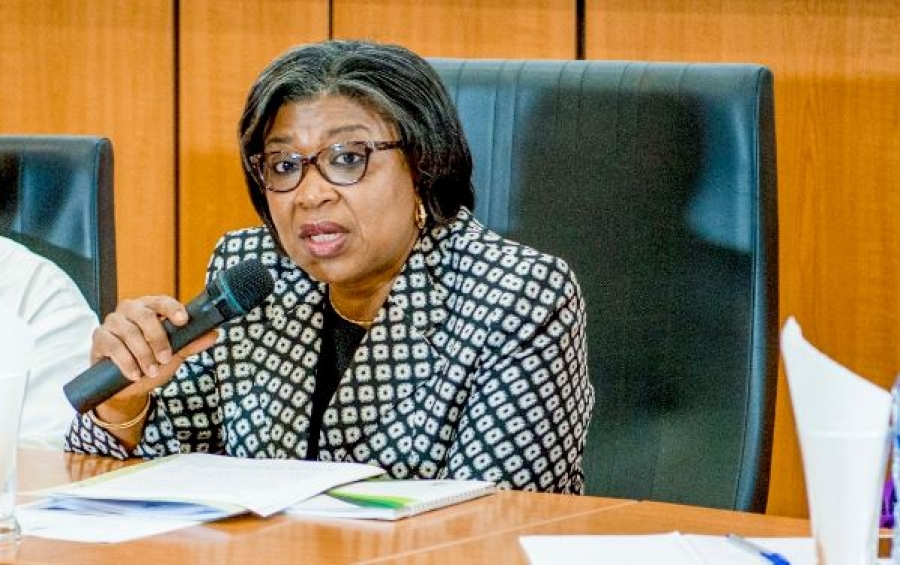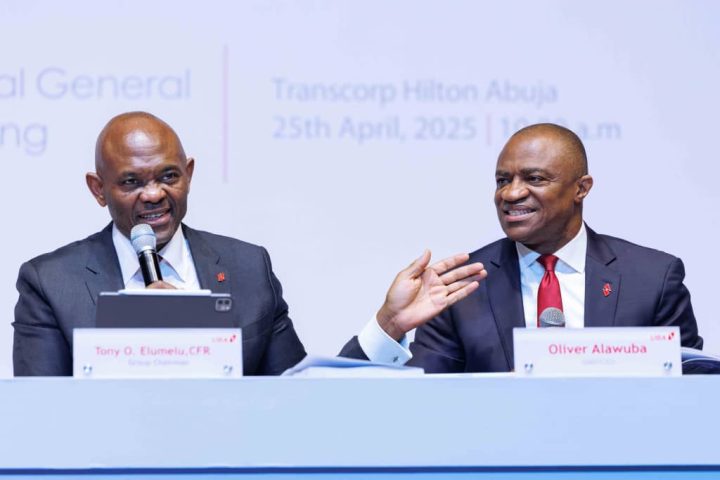The Director-General of the Debt Management Office (DMO), Patience Oniha, has disclosed that the over subscribed portion of the N250 billion, 2021 Sovereign Sukuk, which attracted N865 billion, was returned to investors.
Oniha made this known on Thursday, in Abuja, at a ceremony to present cheques to beneficiary-ministries of the Sukuk.
Join our WhatsApp ChannelPrime Business Africa gathered that the sovereign Sukuk, which was issued in December, 2021, was to finance various road projects by three Federal ministries.
Oniha said that the 2021 Sukuk was part of the Federal Government’s borrowing plan, which was in the budget, and so could not accommodate over subscription.
“Based on all the investor engagements we have done, and the popularity of the Sukuk product, we decided to go for N250 billion and we got N865 billion.
“Sukuk is part of domestic borrowing in the budget; it is not an extra borrowing, so we took only the N250 billion that was available in the budget and returned the rest to investors.
“But we made sure that each investor who bid got something.’’ Oniha said that the over subscription was an indication that the Sukuk product had become attractive to Nigerians, as a viable instrument for financing road infrastructure that benefits all Nigerians.
“When we raised the money, it goes to the contractors after they have done the job. It is one way to energise each party and to tell the contractors that we are in business, and that when they do their jobs their monies are ready.
“One fundamental achievement is the incremental growth that has been achieved with the Sukuk. We started with N100 billion in 2017, N100 billion in 2018, N162 billion in 2020 and N250 billion in 2021.
“The incremental growth, and oversubscription in 2021 are a demonstration of confidence; it means that investors believe in the product,’’ she said.
The Director-General added that, apart from raising funds to finance projects, another important reason for introducing the Sukuk was to promote financial inclusion.
“There are people who will not buy conventional products like the FGN bonds; it brings those various investors into the financial system. Let their monies begin to flow into the financial system rather than the informal sector,’’ she said.



















Follow Us